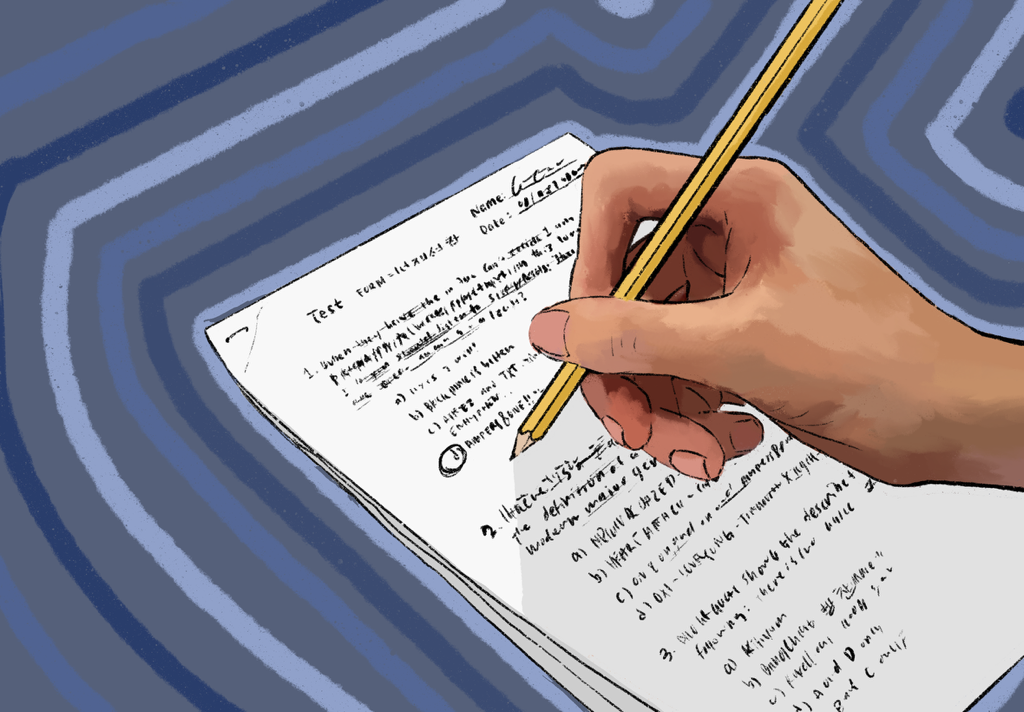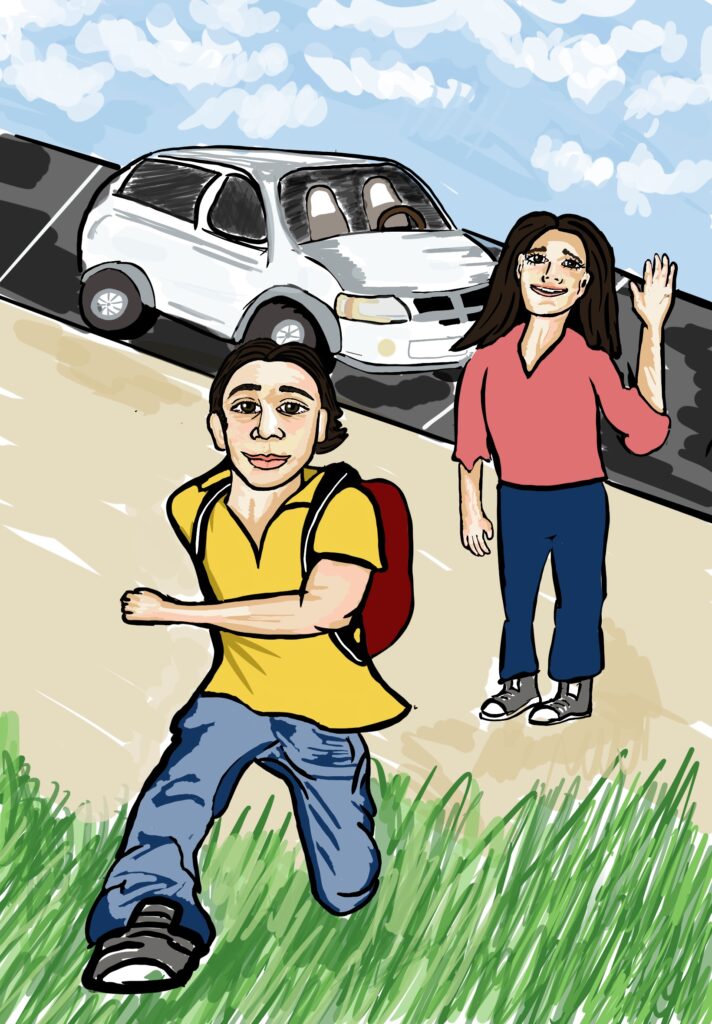As children enter puberty, their biological clocks — which tell them when to sleep and wake up — shift forward. They start going to bed and waking up later. It isn’t because it’s cool to stay up late or sleep in, or that it’s an excuse to frustrate parents. Rather, it’s because their brain’s circadian rhythms are developing.
Not only is waking a teenager at 6:00 a.m. equivalent to waking an adult at 4:00 a.m., but teenagers also need more sleep than adults. The American Academy of Sleep Medicine recommends that teenagers get eight to ten hours of sleep, while adults should aim for at least seven. Sleeping less than these recommended lengths leads to a higher chance of inactivity and obesity later in life. Insufficient sleep may also precipitate substance abuse and mental health issues. All this leads to greater stress, which then leads to less sleep — a dangerous cycle.
At Choate, classes start at 8:00 a.m., with lights out at 10:45 p.m. for freshmen and 11:00 p.m. for sophomores. Theoretically, if a student wakes up at 7:00 a.m. to get dressed and eat breakfast, then he or she gets the minimum recommended amount of sleep: eight hours.
However, expecting students to go to sleep at lights out is unrealistic. Choate students take demanding classes, play sports, and participate in a number of extracurricular activities. Work often piles up. It’s likely that almost every night they’ll need to stay up well past 11:00 p.m., and so won’t get the sleep their body needs to function.
Even if a student doesn’t have work, they might stay up late anyway, watching TV or browsing social media. While this may partly be his or her own fault, Choate should address this issue. After all, underslept students are less productive and happy.
The obvious solution? Start school later and shorten the school day. Numerous health organizations such as the CDC and the American Academy of Pediatrics support the policy that schools should start no earlier than 8:30 a.m. Many schools have already switched to 8:30 a.m. start times, and in many cases, the change has led to more sleep, better grades, and higher attendance.
When schools align their schedules around the fact that teenagers are biologically inclined to fall asleep and wake up later than adults, the results are very positive.
Students at Choate don’t want to sleep in because they are lazy. They want to sleep in because it is in their biology to do so. By starting school later, Choate will improve student wellbeing and study habits. There’s a reason that many Choate students believe the “sleep-in” is the best free period of all — students get more sleep and are more relaxed and focused in class. Imagine if students could have that every day.





